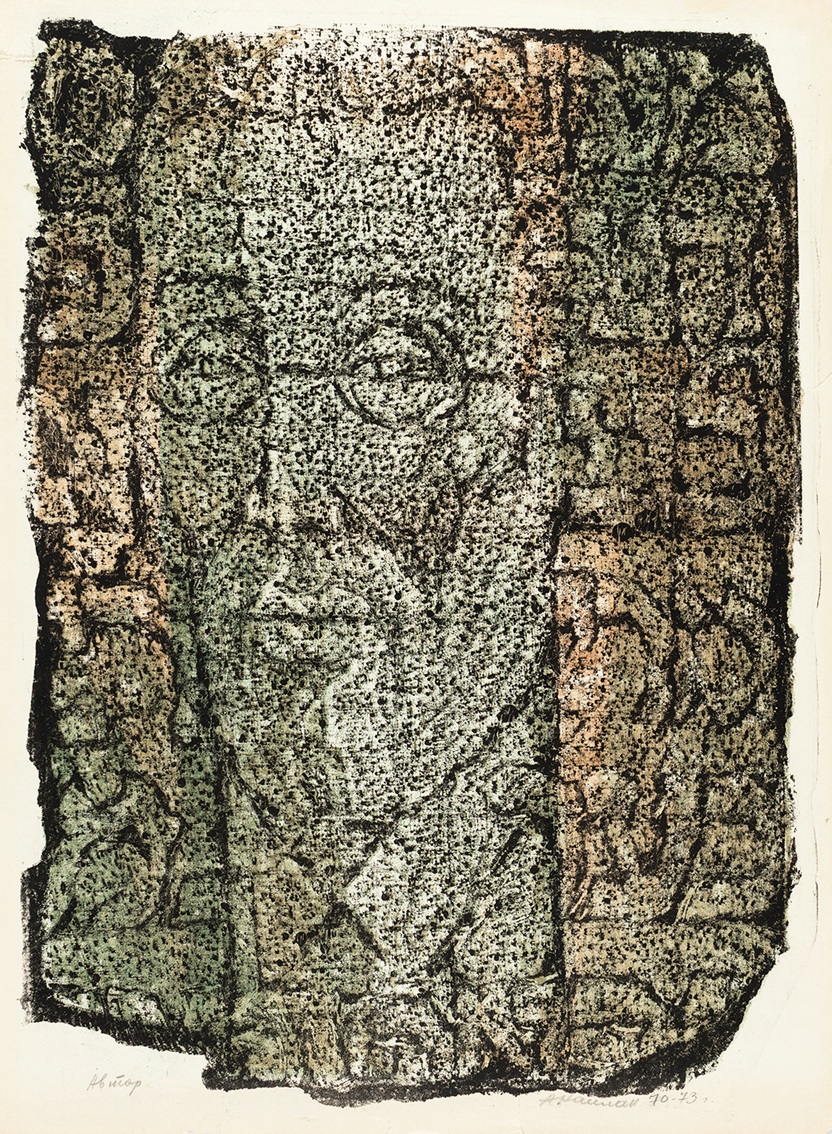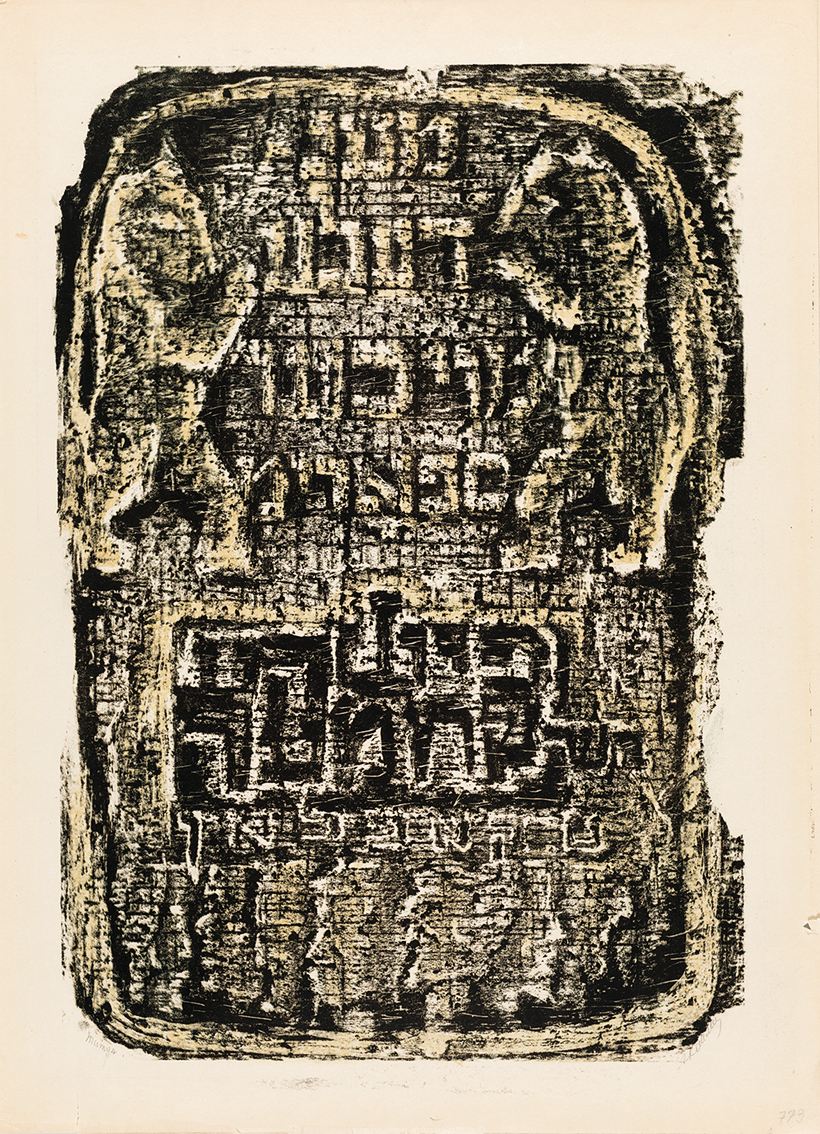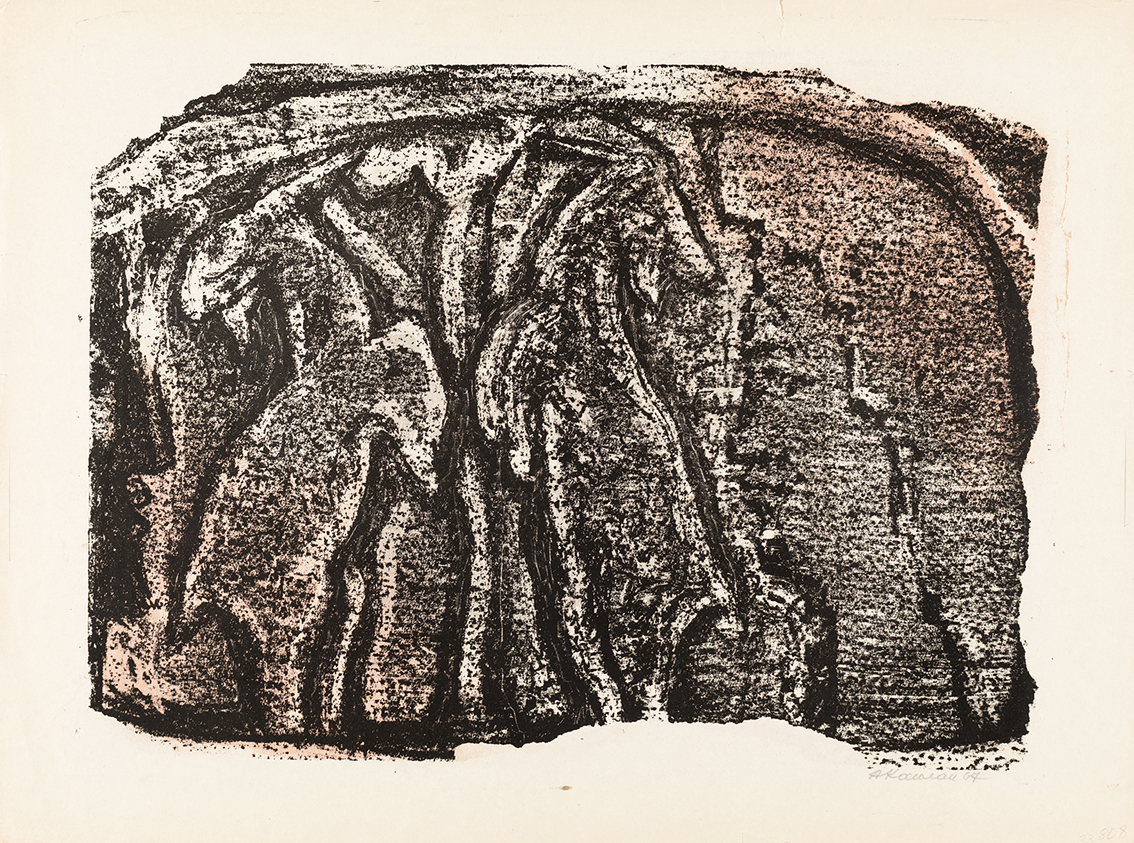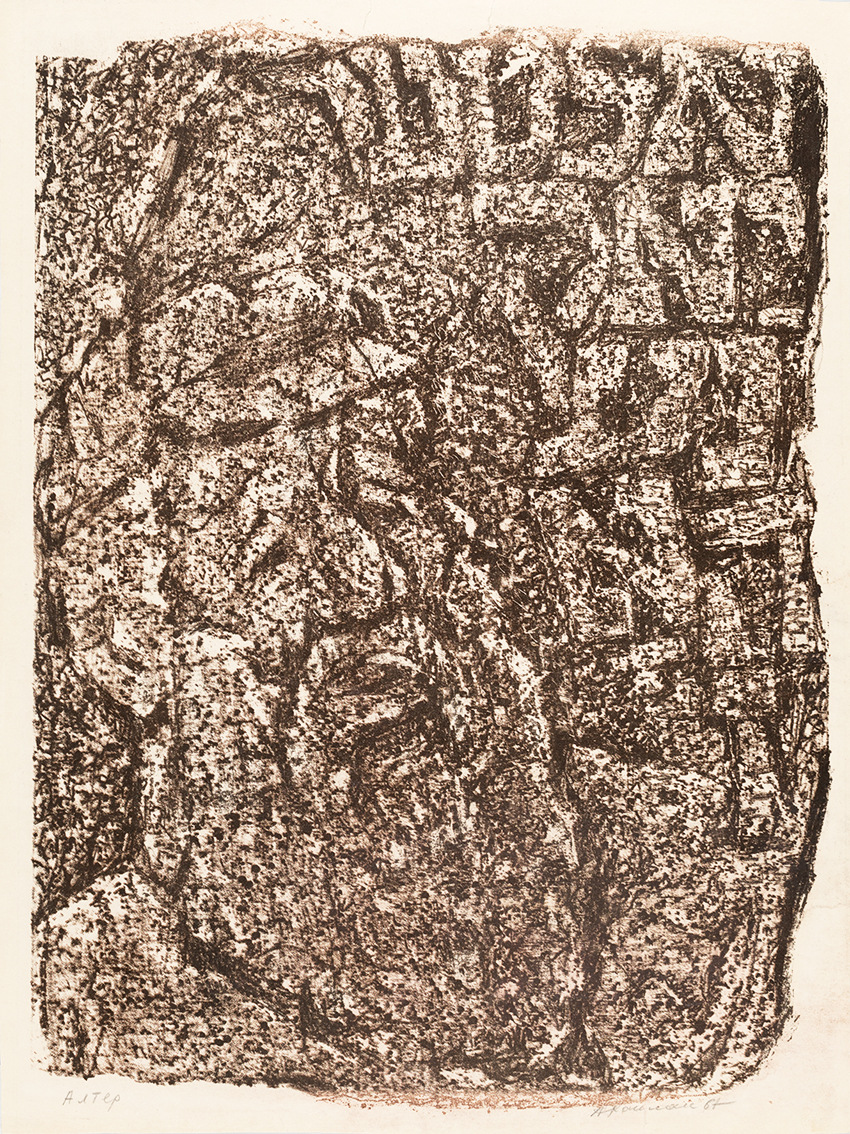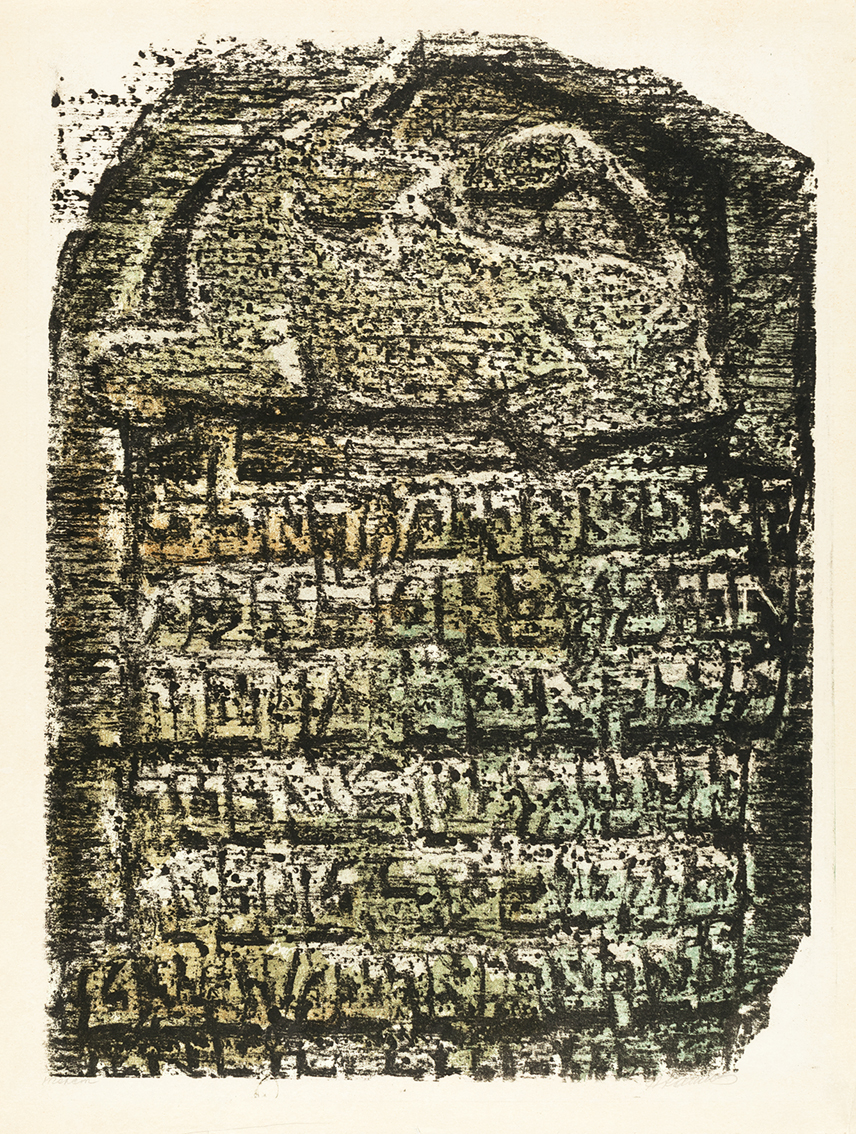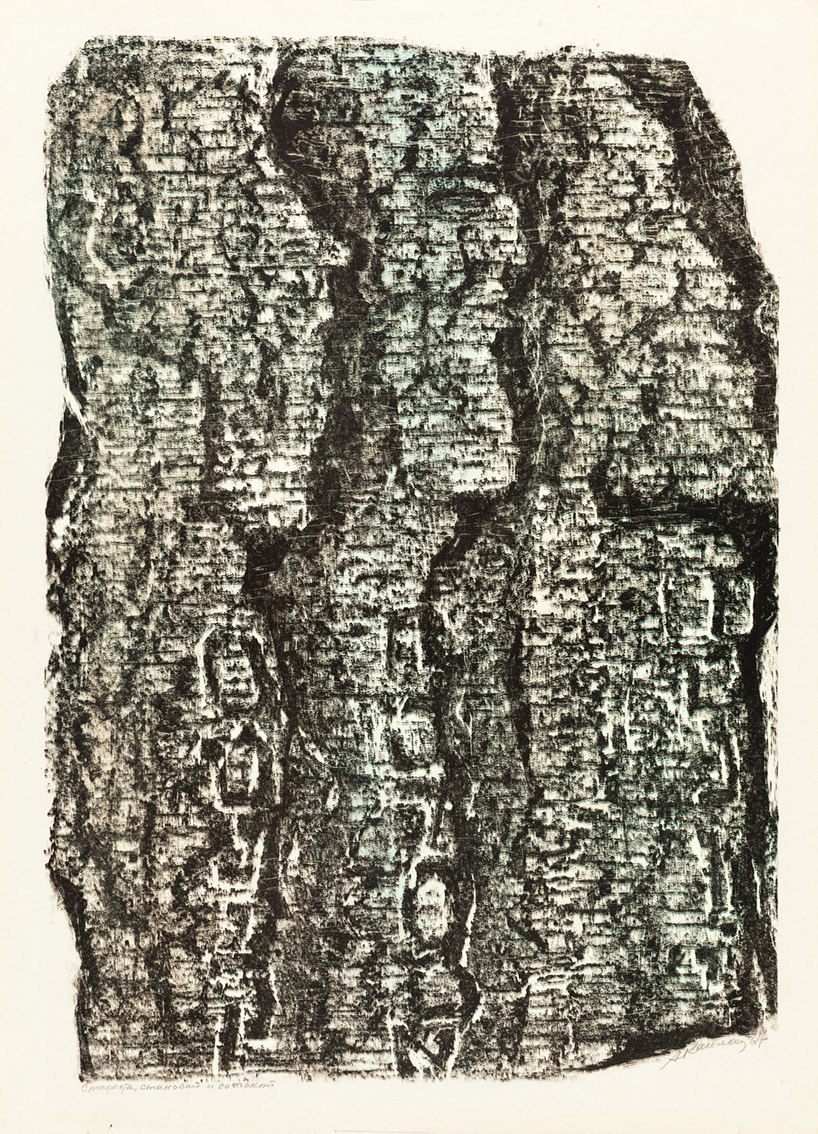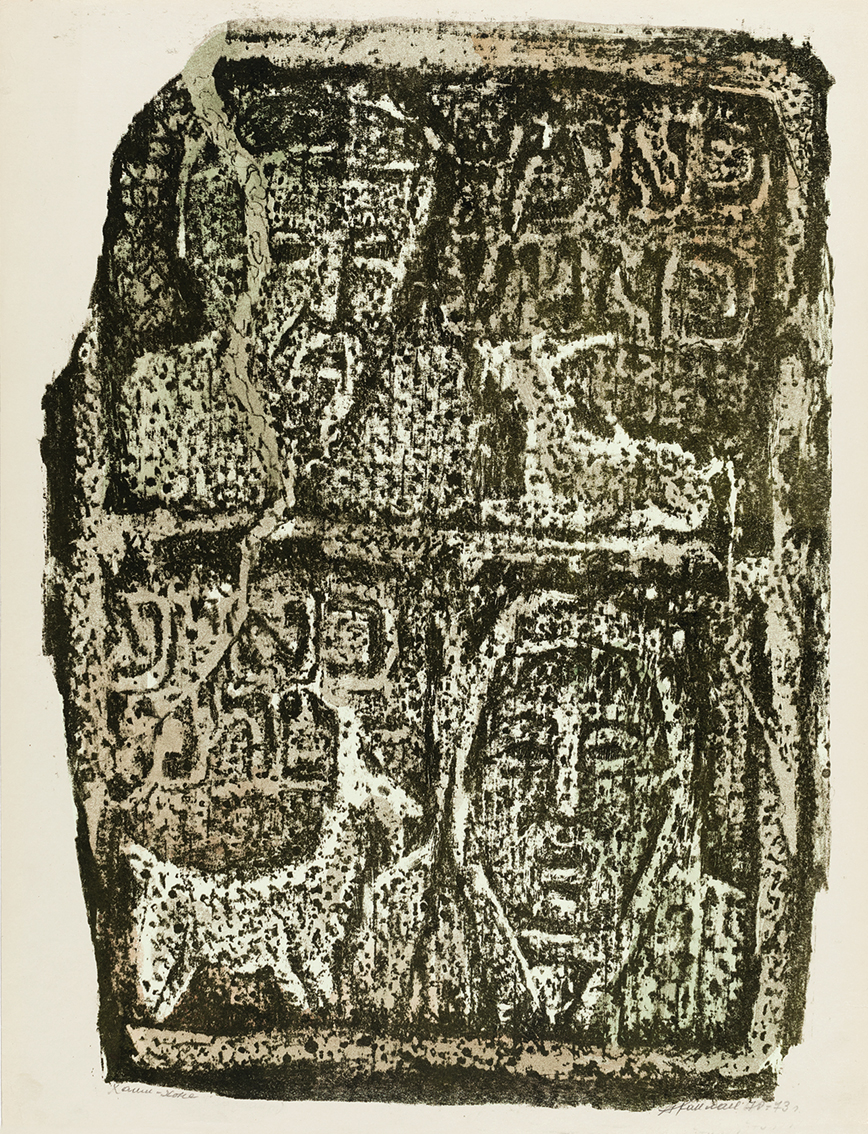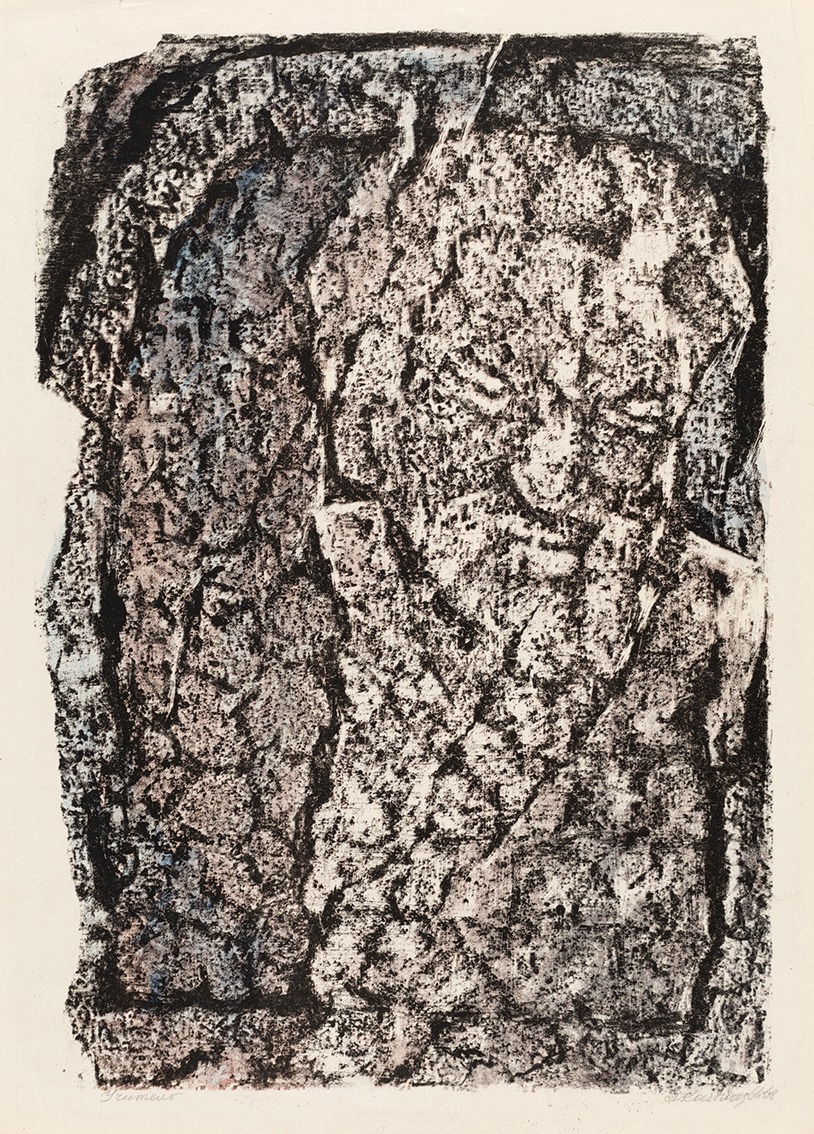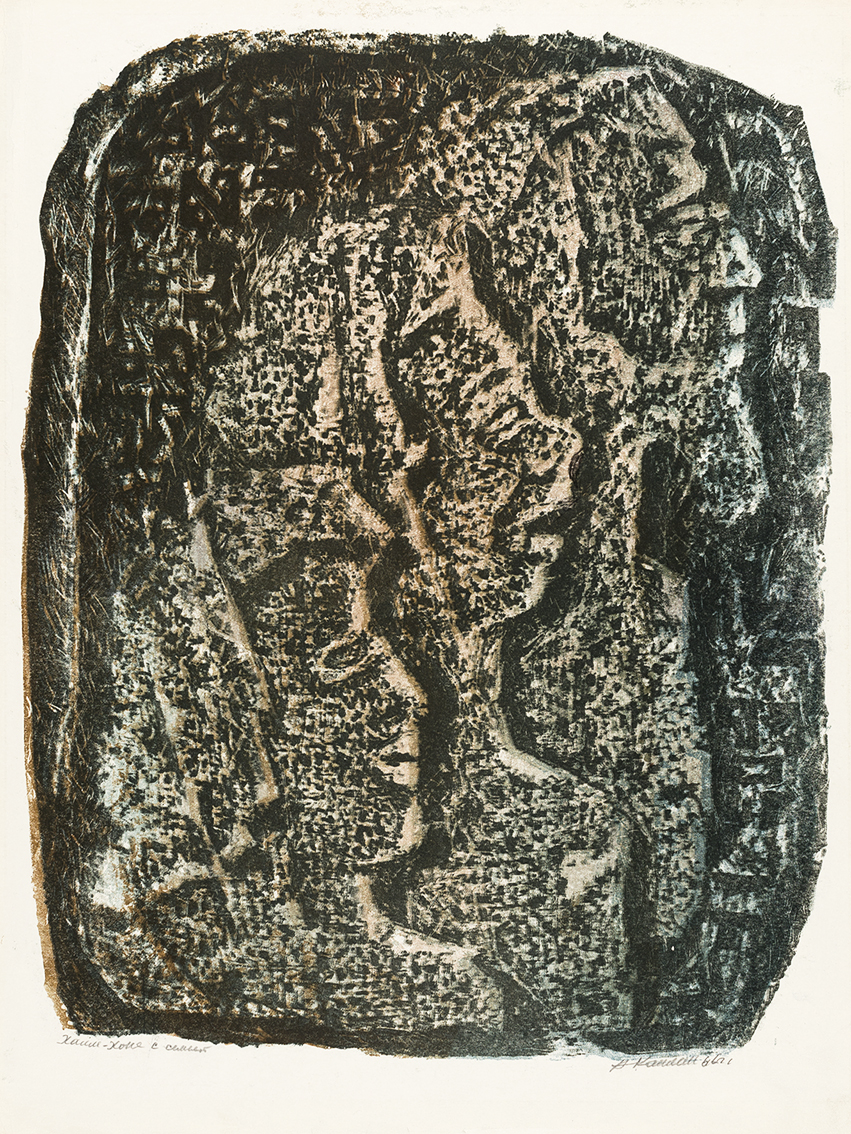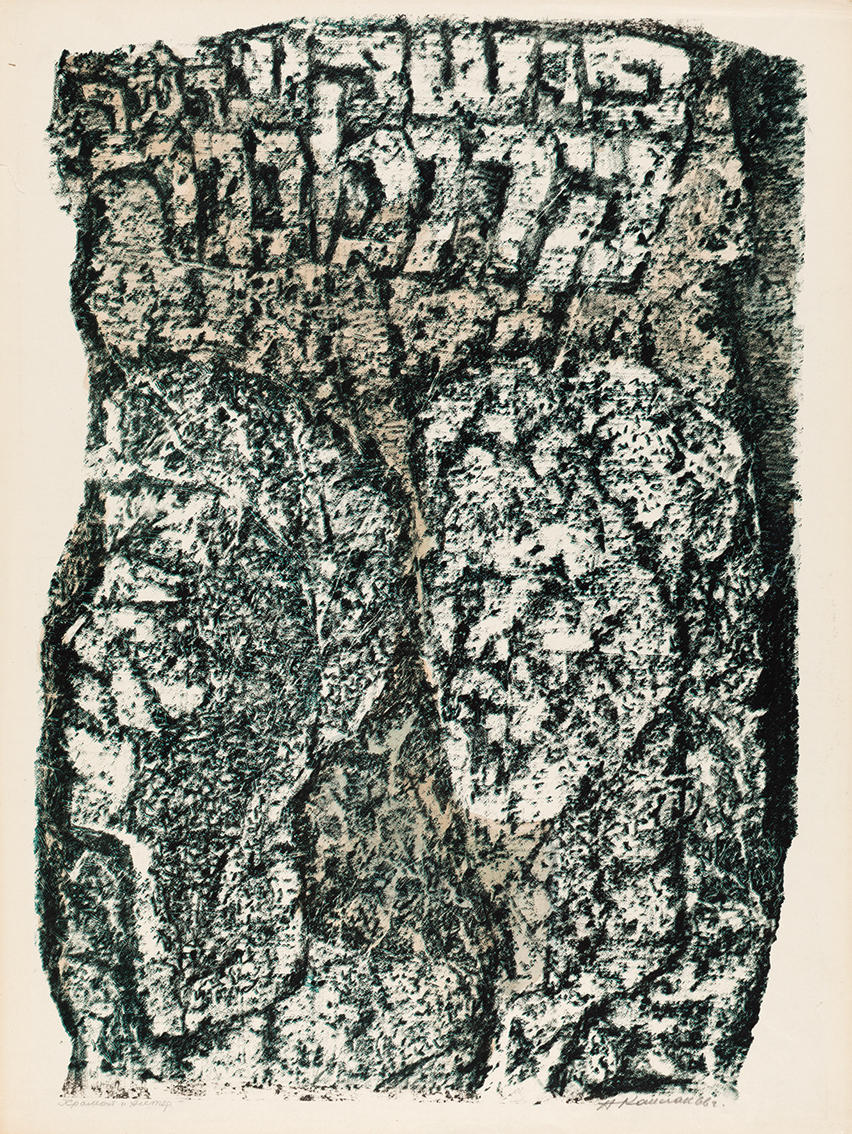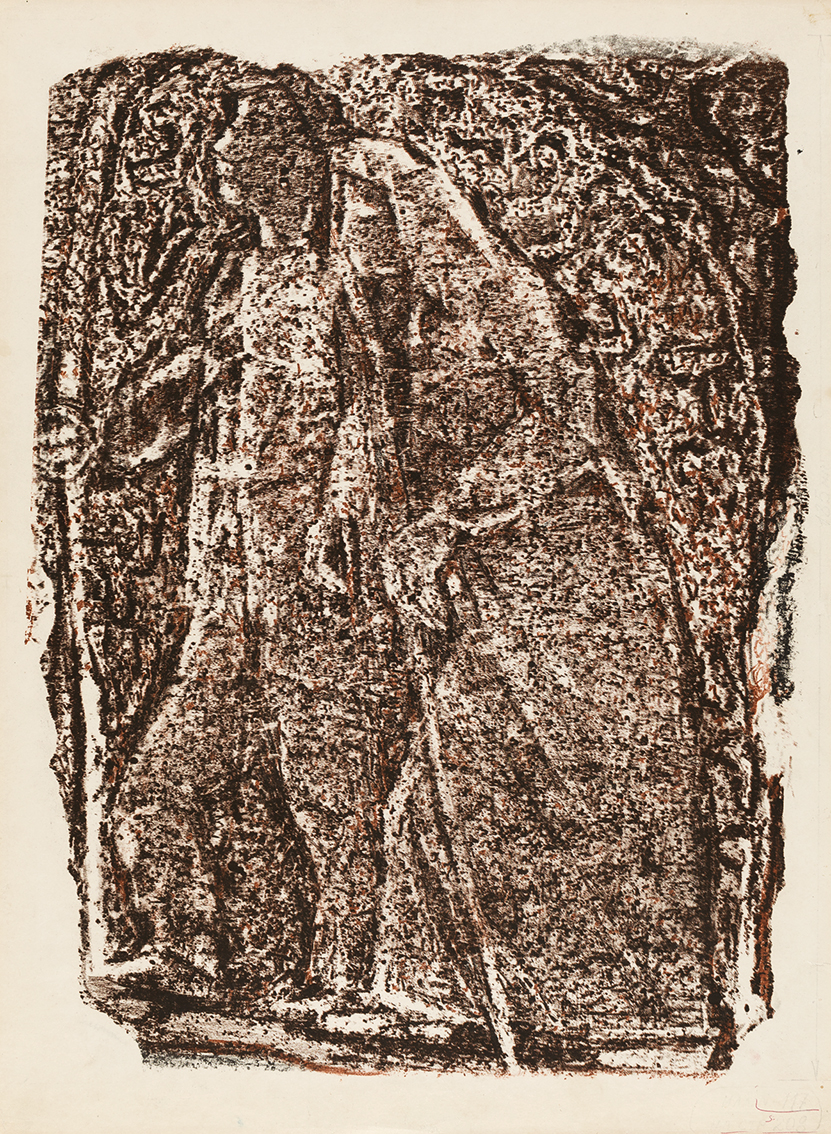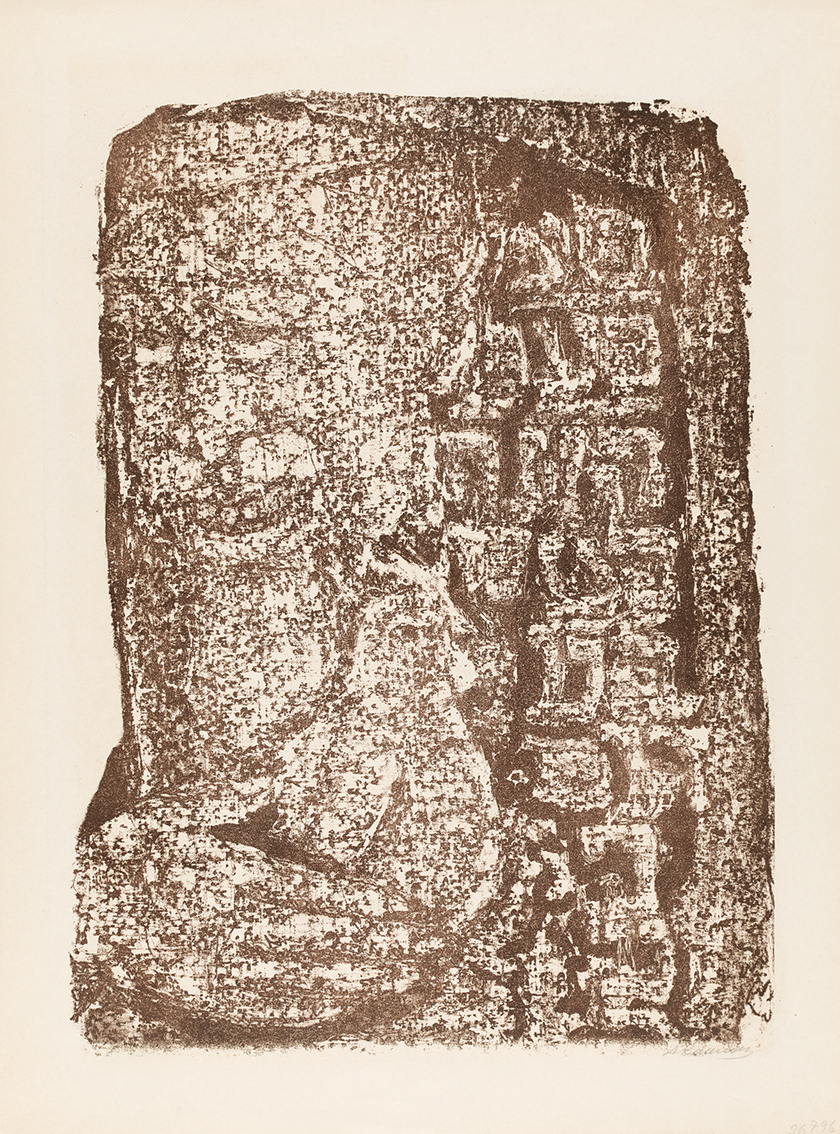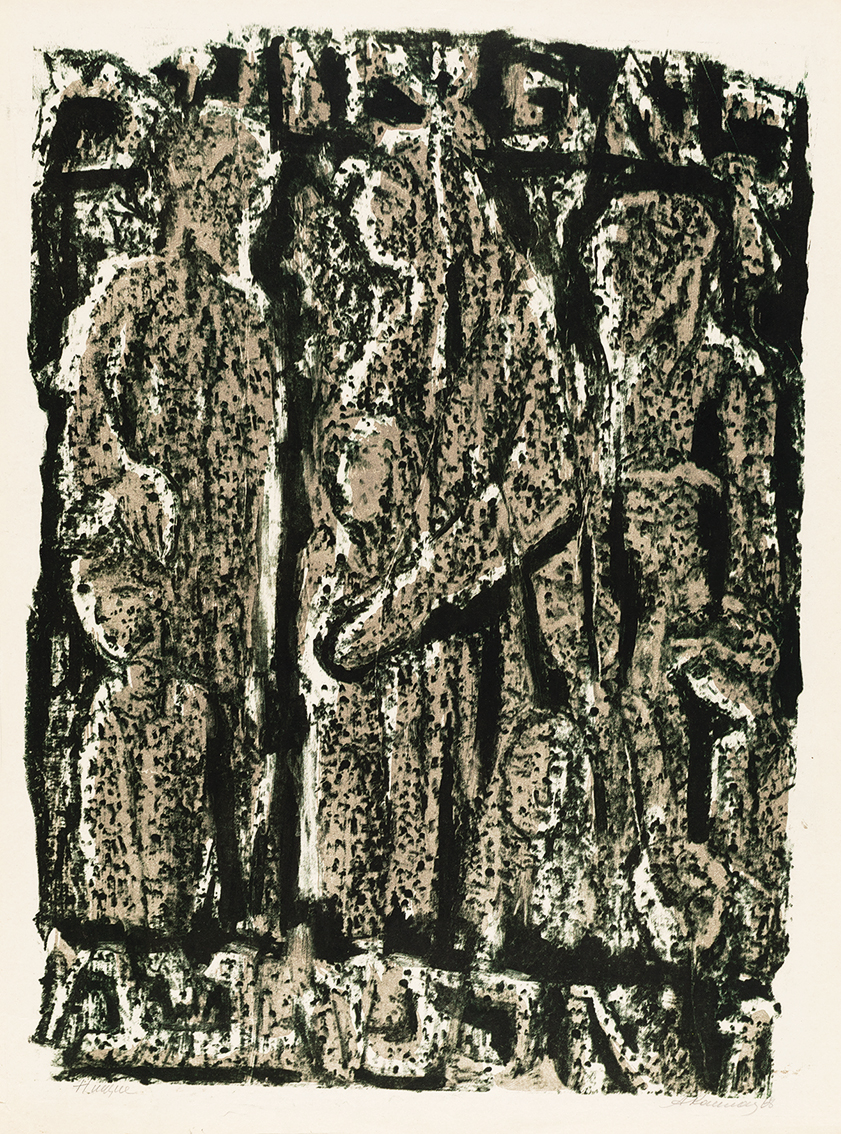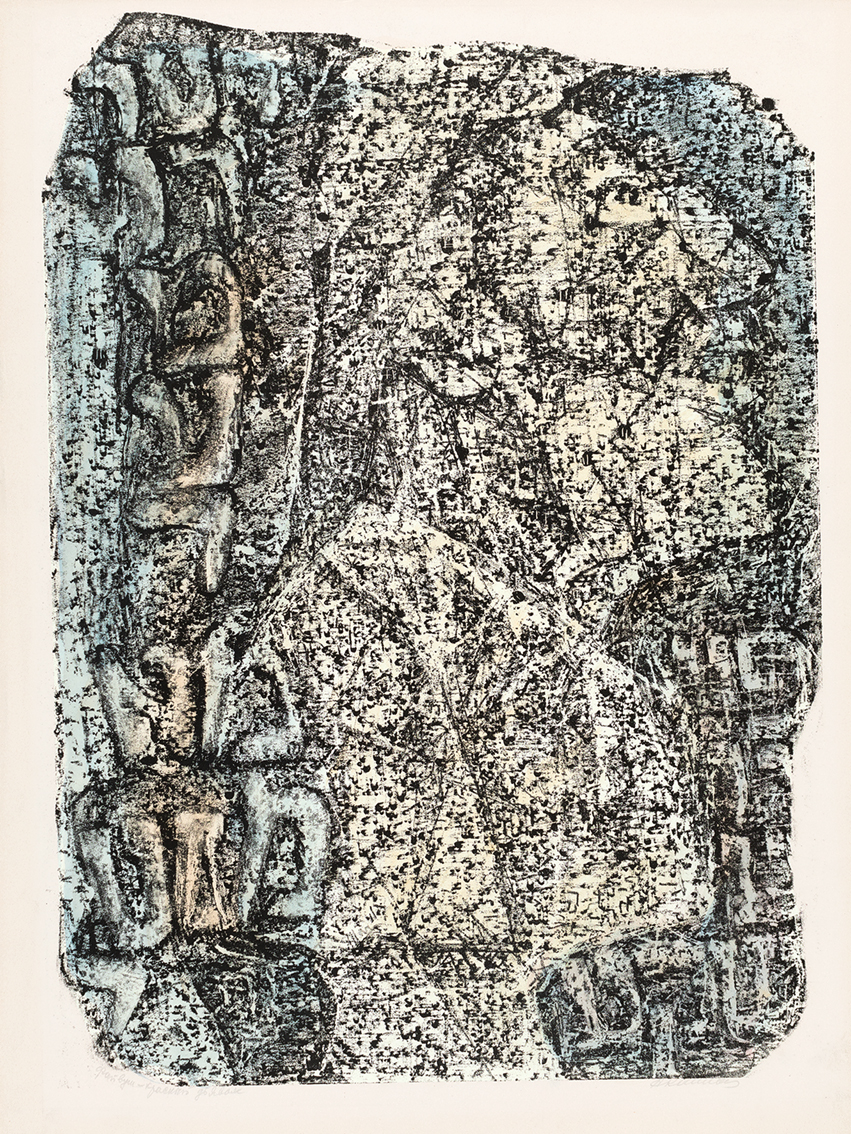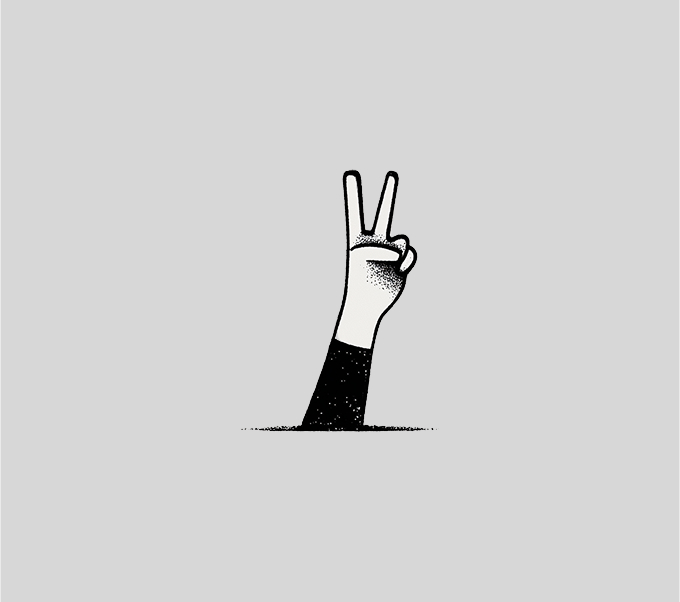Fishke der Krumer (פישקע דער קרומער) is a landmark novel by Sholem Yankev Abramovich, better known by his pen name Mendele the Book Peddler (1835-1917), whom Sholem Aleichem dubbed the “grandfather” of Yiddish literature. Fishke the Lame is to Yiddish literature as The Hunchback of Notre Dame is to French, as Oliver Twist is to English and as Dead Souls is to Russian. It created a fictional universe so dense, dark and grotesque and a gallery of characters so vivid and vocal that literature seemed to eclipse life itself.
Abramovich’s novel exposes the debased life of Jewish beggars and thieves, which prove to be morally on par with that of the Jewish merchant class. There are only two things that rise above the squalor, cruelty and exploitation: (1) the selfless, sexless love of a crippled beggar named Fishke and a mercilessly abused hunchbacked girl named Beylke, and (2) the complex figure of Mendele, who discovers and narrates their story. Always on the road and alive to the stimuli of nature, it is Mendele’s acerbic wit, his inner turmoil, his moving back and forth between satire and sentiment, that turn him into the most memorable, powerful and liberating character in nineteenth-century Jewish fiction.
Later in life, Abramovich took what he had learned about the art of fiction, dialect and dialogue, character and society, and translated almost his entire Yiddish oeuvre into a new synthetic Hebrew style, which laid the foundations of modern Hebrew prose. He recast Fishke the Lame into the Hebrew Book of Beggars (ספר הקבצנים).
